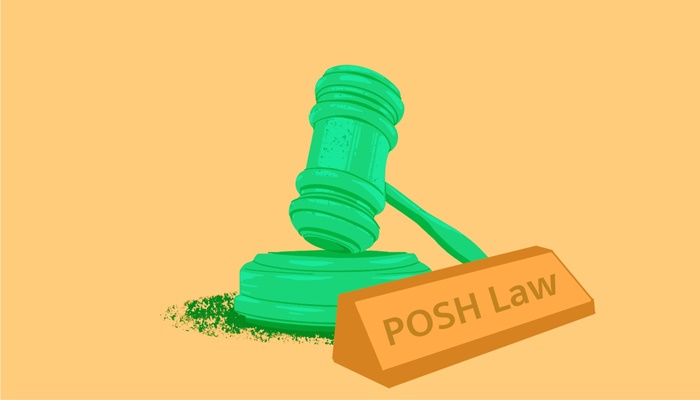Job interviews can often feel like an out of body experience.
You might find yourself forgetting your own career history, fumbling your words, and coming out with sentences you didn’t know your brain was ever capable of constructing.
Those on the other side of the table have a habit of throwing unexpected questions your way — but did you know there are actually certain enquiries potential employers aren’t allowed to make?
Due to various employment laws, there are some questions your bosses-to-be simply aren’t able to ask.
Employment discrimination is serious business, and Citizens Advice outlines the steps you can take in response, which range from complaining directly to the business to taking legal action.
Here are five seemingly innocent questions you shouldn’t be asked, and what you can do if you are. Bear in mind there are exceptions, so always seek expert advice before considering action.
1. How old are you?
More often than not, it’s unlawful for an employer to ask your age.
Being considered ‘too young’ or ‘too old’ for a certain role will usually amount to age discrimination under the Equality Act 2010, as explained by business lawyers Sprintlaw.
There are a few exceptions to this, such as if a role’s responsibilities include age-restricted tasks like serving alcohol, or a requirement to hold a driving licence. Even then, ‘how old are you?’ is still a question that shouldn’t be asked. Instead, employers should question you about those requirements specifically.
If you’re worried about age discrimination, you can even remove identifying details like graduation years from your CV.
2. Do you have children?
There’s a huge amount of questions under this umbrella which are a big old no-no. Any questions around your family responsibilities or future plans do not have to be answered and should not be asked.
While it may come up in small talk and seem innocent, employers could – consciously or subconsciously – count this against you when they consider commitments outside of the office and potential leave for childcare.
HRMorning reports that one company was forced to pay £54,100 ($70,000) after a manager sent a text to an applicant asking if they had ‘any baby plans’.
3. Are you married?
Much in the same vein, being asked if you’re married has no bearing on your ability to carry out the requirements of a job.
The company may worry about how future plans could impact your work, or even offer you less money if they assume your partner is also bringing income into the same home.
4. Where are you from?
This is another one which can span a very wide range of questions, pretty much all of which should usually never be raised in a job interview.
This also includes questions around race, ethnicity, religion, country of birth, which language is spoken at home, and many, many more. Allowing these to influence a hiring decision again falls under the Equality Act 2010.
Even friendly chat about the specifics of where you live could influence a hiring manager if they know the area, as they may then apply a certain stereotype to you – whether favourable or not.
If a business would like to verify you have the legal right to work in the UK, that should be addressed directly
5. Have you taken a lot of sick days in your previous roles?
Citizens Advice says that, in general, an employer isn’t allowed to ask questions about your health or disability before a job offer is made, which includes your sickness record.
If a job has specific requirements, such as lifting heavy objects, they should ask if this task is something you are capable of doing directly.
It adds: ‘You don’t have to say anything about your disability when applying unless you need adjustments made in the recruitment or interview process.
‘If you do tell your employer about a disability they can’t refuse to give you the job because of your disability’.
What should you do in the interview if you feel a question is inappropriate?
The University of Law states there are different ways to deal with inappropriate questions, depending on what makes you feel most comfortable.
You could try to move the conversation on, change subject, or say something like ‘I prefer to keep my private life to myself, but I would love to talk about the experience I have that makes me a great fit for this role’.
Alternatively, you can challenge your interviewer by stating you won’t be answering the question and the reason why.
John Watkins, Employability Director at the University of Law, says: ‘You always have the option to refuse to answer or to end the interview. While unsuitable questions may be indicative of poor company policies and could be a red flag, they could also be a sign of an inexperienced hiring manager, so gaining clarity where you feel appropriate is a good first step in communication’.
If you feel as though you were asked an inappropriate question in the interview, write down exactly what was said while it’s still fresh in the memory.
Your first option is to talk to the company directly about the process, and complain to its senior staff if you feel it should go further.
Citizens Advice recommends doing this in writing in case you decide to take the next step, legal action.
If you decide to pursue this, you must do it within three months of when the alleged discrimination took place. You can find full guidance on the Citizens Advice website.






















